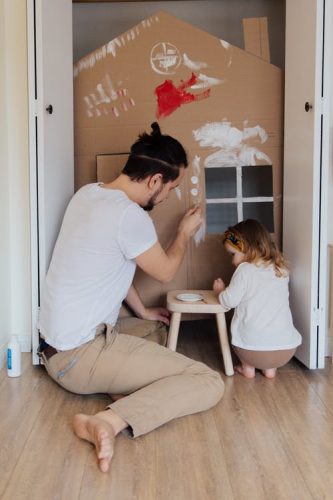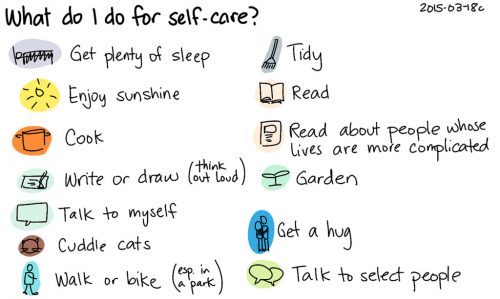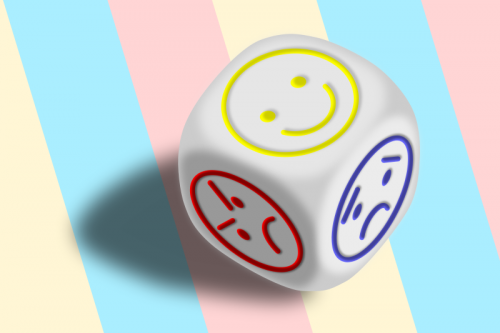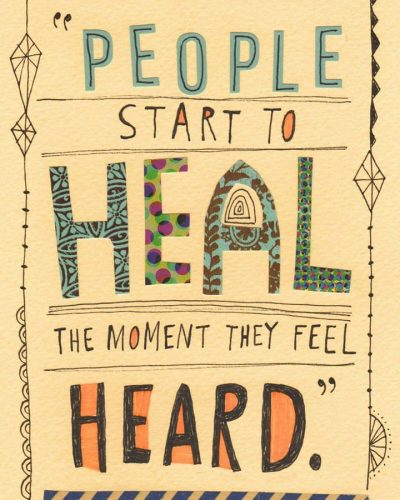For a teenager to learn that he or she has a psychological illness – a bipolar disorder, no less – it can only be devastating. The initial set of words that you might get out of them is, “How can my schoolmates look up to me if they find out I’m unstable mentally?” or “My crush will never want me now!” Most adolescents tend to worry about mundane issues like that with or without an incurable disease, however, so that’s not super shocking.
“Bipolar disorder is usually treated with a combination of medications (including mood stabilizers and antidepressants) and talk therapy.” – Kathleen Cairns, PsyD
What they don’t comprehend is how lucky they are for getting a diagnosis at an early age. Many individuals are not that fortunate as their doctors can’t or won’t even give a name to their real problem until adulthood. Thus, folks who assume they have bipolar disorder but still haven’t received confirmation may become confused and stressed out because of it.
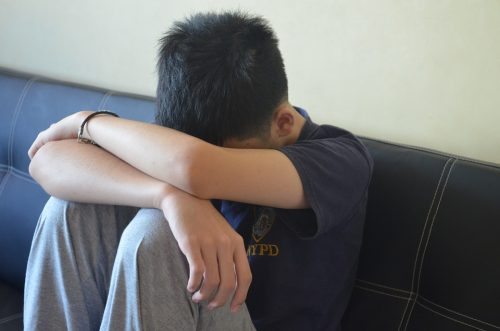
Source: pixabay.com
According to Robin Mohilner, LMFT, “Bipolar Disorder is a mood disorder characterized by mood instability that includes both depressed mood and manic or hypomanic mood.”
Considering your teenage kid is in a relatable situation, and you don’t know how to make things better for him or her, you should check out these tips.
- Distinguish Your Strengths
The first thing you have to reflect on is yourself. Notably, your strong points as a parent. Say, are you good at consoling your children with words alone? Do they perceive you as the cool mom or dad who can take them to any place they want to visit?
If the response is yes in any of the two queries above – or you can think of other parenting stuff you are excellent at – then you need to stick with that. It is more favorable than pulling a new stunt; if the latter fails massively, it might trigger your child’s depression. So, it is vital for you to recognize your strengths immediately to help your kid who potentially has a bipolar disorder forget about it once in a while.
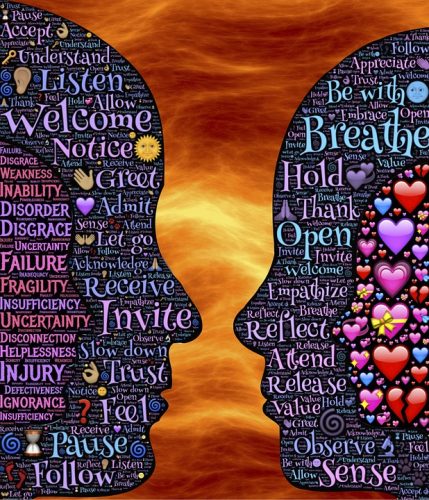
Source: pixabay.com
“When it comes to successfully treating a mental health disorder, it’s important that you have the correct diagnosis—which is easier said than done.” – Kathleen Cairns, PsyD
- Accept Their Weaknesses
At the same time, you cannot overlook to figure out what their weaknesses may be. You have to do that not because it will keep them on their toes but because it will stop you from pushing your child to work on something he or she thinks is impossible. You want him or her to overcome such fears – that’s understandable. However, it’s plain wrong to stress the kid out and not let him or her conquer those weak spots in their own time.
- Open Every Communication Line Possible
Many teenagers are the same in the sense that they don’t feel like burdening their elders with their worries. As a result, they end up bottling up all the negative feelings, or worse, self-harming or attempting suicide to ease their pain.
Before that happens in your household, you should reassure your kid daily that he or she can talk to you about anything. Perhaps you can start by telling him or her about your day too until he or she warms up and converses with you. This way, you’ll be able to relieve some of their stress and connect with your beloved son or daughter.

Source: pixabay.com
Don’t ever assume that paying for your teenage child’s medical bills is enough to help him or her get through their ordeals. Showing your love and giving your 100% attention to them is only a couple of things you should do to help them get rid of stressful thoughts brought by potentially having bipolar disorder. In truth, you can even pay for their online counseling (via BetterHelp perhaps) so that mental health professionals can reassure them and keep them from going down the depression lane.
Good luck!
“Sometimes referred to as manic depression, bipolar depression ranges from “depression so low you can’t get out of bed” to manic highs of euphoria and “talking so fast and furiously, you can’t follow the train of thought.” – Beth Esposito, MS, LPCC-S, LSW



